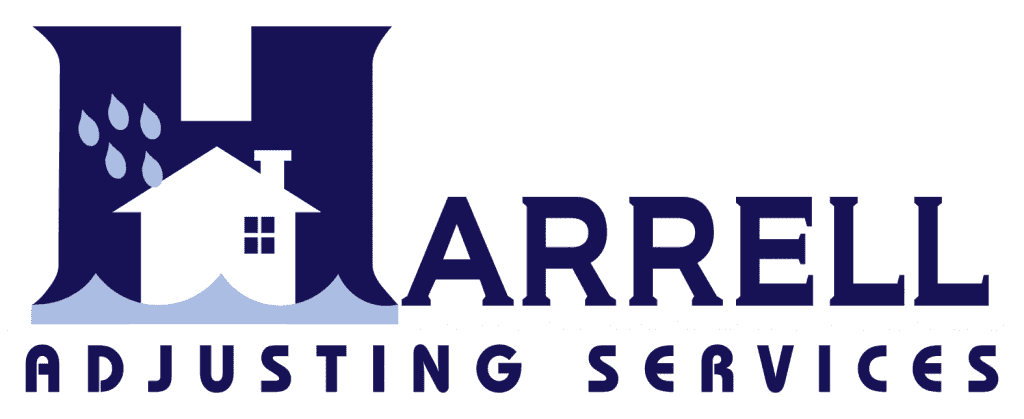Owning a home is a significant investment, and one of the key steps to protect that investment is securing the right homeowner’s insurance. Unfortunately, many homeowners only truly start to understand the intricacies of their policies when they have to file a claim. As a homeowner, having a comprehensive understanding of the most common types of residential insurance claims and tips for getting them approved can significantly ease the claims process. So let’s delve into the details.
1. Wind and Hail Damage Claims
Wind and hail damage are among the most common types of homeowners insurance claims, especially in Florida. From minor cosmetic damage to structural hazards, wind and hail can wreak havoc on your property. To get such claims approved, it’s essential to document the damage extensively. This includes taking pictures or videos of the damage and noting down when the weather event occurred. Keeping a record of any repair work you’ve done on the roof or the house’s exterior can also prove useful.
2. Water Damage and Freezing Claims
Water damage can arise from various sources, such as burst pipes, leaking roofs, and malfunctioning appliances. To ensure your water damage claims are approved, first, confirm your policy covers the type of water damage you’ve experienced. Keep in mind that flooding is not the same as water damage from leaks. Many policies do not cover flood damage – so this requires separate coverage. Like with wind and hail damage claims, documenting your water damage extensively and keeping records of routine maintenance can increase your chances of approval.
3. Fire and Lightning Damage Claims
Fire and lightning-related claims are another common category in Florida. They’re also among the most costly. After ensuring everyone’s safety and reporting the fire, you should contact your insurance company as soon as possible. Document everything, including any temporary repairs made to prevent further damage, and keep all receipts related to living expenses if your home becomes uninhabitable. Having an updated home inventory – a detailed list of your possessions with their estimated values – can greatly simplify the claims process.
4. Theft and Vandalism Claims
Theft and vandalism claims are common and can be quite distressing. To get such claims approved, it’s important to report the incident to the police and get a copy of the police report. Be sure to list all the stolen or damaged items, along with their values, in your claim. Your home inventory list can come in handy here. In addition, pictures or video evidence of the damage can strengthen your case, so it’s beneficial to consider installing surveillance cameras on your property.
5. Liability Claims
Liability claims are filed when a person gets injured on your property, or you, a household member, or a pet causes damage or injury to others. To ensure these claims are approved, it’s important to document the incident meticulously. This includes getting the contact details of any witnesses, photographs of where the incident occurred, and any related medical reports. Notify your insurance company as soon as possible to avoid delays.
Tips for Getting Your Residential Insurance Claims Approved
Now that you’re familiar with the most common types of residential insurance claims, here are some general tips to ensure they get approved:
- Understand Your Policy
Policies differ significantly. Make sure you understand what’s covered and what’s not. If anything is unclear, ask your insurance agent to clarify. - Maintain an Up-to-Date Home Inventory
Having a current home inventory that includes the value of items can significantly speed up the claims process. Include photos or videos, if possible. - Report Claims Promptly
It’s important to report any loss or damage to your insurance company as soon as possible. Delaying might complicate the claims process. - Document Everything
From the damage itself to the conversations with your insurer, document everything. This will provide you with a record of what’s been said and done, which could be vital during the claims process. - Perform Regular Maintenance
Regular home maintenance can prevent certain damages, and insurers may reject claims if they find that negligence on your part led to the damage. - Consider a Public Adjuster
If you’re having difficulty navigating the claims process, you might want to consider hiring a public adjuster. We can negotiate with the insurance company on your behalf.
Filing A Claim? Preparation is Key
While nobody relishes the thought of filing a homeowners insurance claim, understanding the most common types of claims can better prepare you for the unexpected. By being proactive, documenting diligently, and maintaining open communication with your insurance company, you can increase the likelihood of having your claim approved and safeguard your valuable investment – your home.
Claim denied? We can help.
Call Harrell Adjusting Services Today



GET IN TOUCH
Give Us A Call or Schedule A Free Consultation
Services
Residential Services
Commercial Services
Boat Claims Services
Contact Us
Phone: 863-845-0759